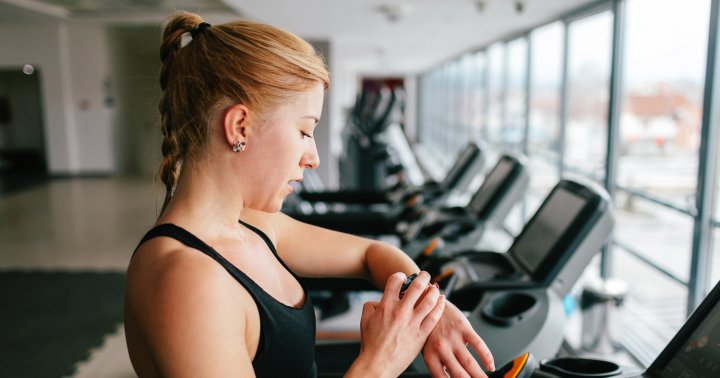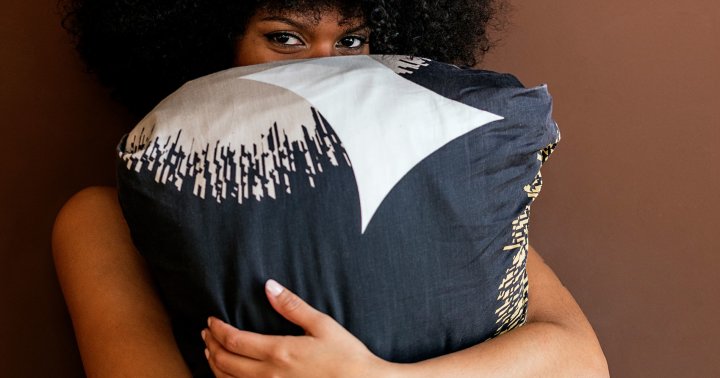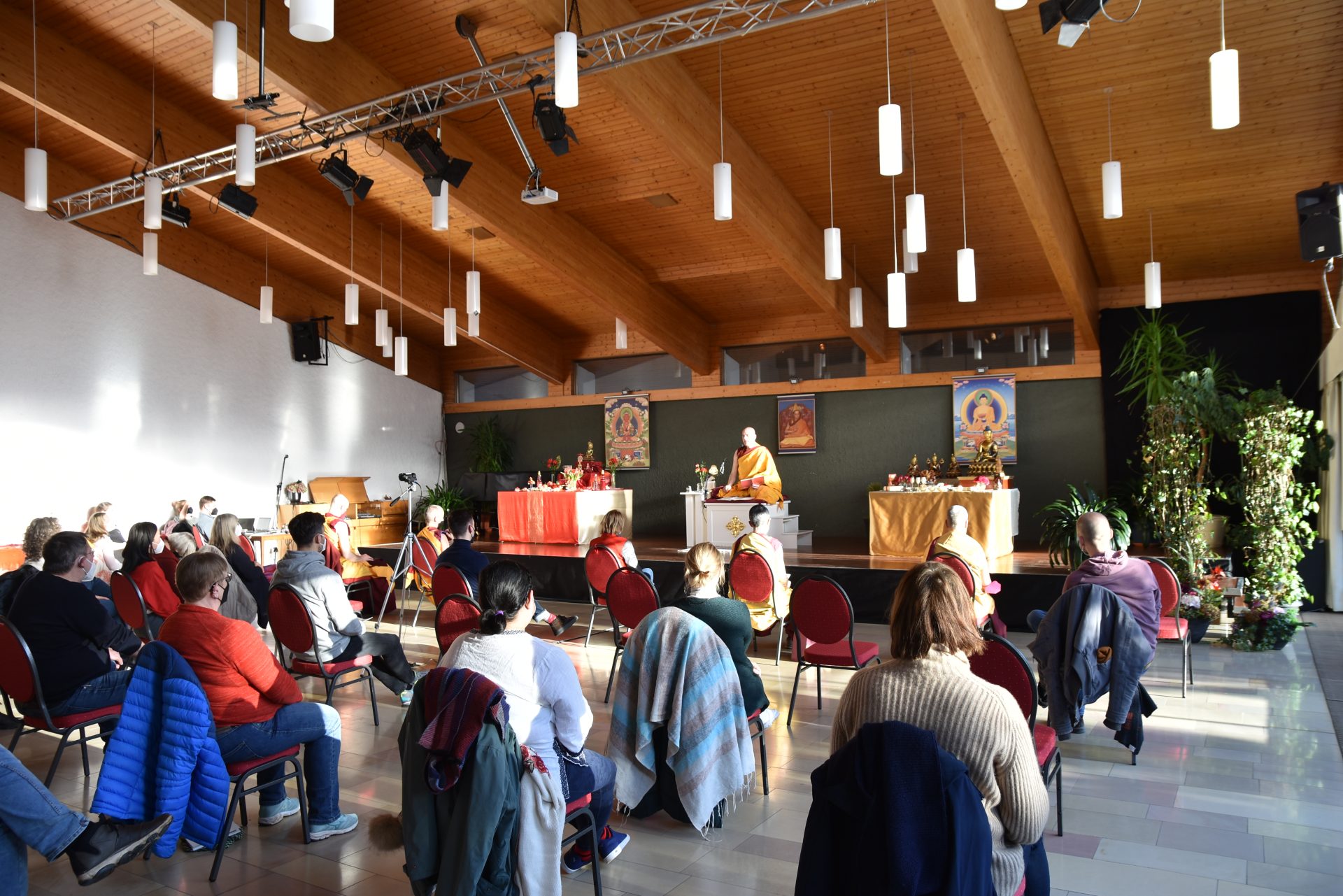10 Minimalist Strategies You Can Use for Stress-Free Living
According to the American Psychological Association (APA), one-third of Americans are living with extreme stress and nearly half of Americans (48 percent) believe that their stress has increased over the past five years. This stress is causing many negative...


According to the American Psychological Association (APA), one-third of Americans are living with extreme stress and nearly half of Americans (48 percent) believe that their stress has increased over the past five years.
This stress is causing many negative effects: health problems, poor relationships and lost productivity at work. This is not good and we clearly need a new solution.
Minimalists, with their focus on simplicity and intentional living, might offer us a way out of this stress cycle. Even if you don’t decide to become minimalist, embracing just one or two of these habits would help.
Here are ten specific habits that minimalists typically practice, which anyone can incorporate into their lifestyle to experience stress-free living.
1. Create a Capsule Wardrobe
One of the most effective ways to reduce stress is to create a capsule wardrobe. This means selecting a limited number of versatile clothing items that you love and that work well together. Aim for around 40-50 pieces, including tops, bottoms, and shoes.
This approach simplifies daily outfit choices, saves time, and reduces decision fatigue. Removing clothes that no longer fit (or cost a lot of money and rarely get worn) removes a measure of guilt and stress every time you open your closet.
Here are 10 Ways to Sample a Minimalist Capsule Wardrobe (Before You Commit).
2. Develop a Morning Routine
Start your day with a consistent morning routine to bring calm and focus. Include activities like meditation, journaling, and a healthy breakfast. Keeping a regular schedule helps set a positive tone for the day and reduces the anxiety that comes from unpredictability.
A morning routine that serves you also helps start your day with proper self-care.
Here is How to Build a Simple, Effective Morning Routine.
3. Declutter Your Living Space
Regularly declutter your living space to maintain a tidy and organized environment. Set aside time each month to go through your belongings and donate or discard items you no longer need.
A clutter-free space promotes relaxation and reduces the mental burden of disorganization. Every increased possession adds increased anxiety onto our lives. Time spent decluttering is time always well invested.
Here are Seven Decluttering Tips I Discovered in The Minimalist Home.
4. Simplify Meal Planning
Reduce the stress of meal planning by creating a weekly meal plan. Choose a few go-to recipes that are easy to prepare and rotate them throughout the week. Consider batch cooking on weekends to save time on busy weekdays. This approach minimizes decision fatigue and ensures you have healthy meals ready to go—resulting in better health and less stress.
Here is How I Turned Meal Planning From Tears to Cheers.
5. Spend Less Time Online
Excessive time online can be a significant source of stress. In fact, there is a direct correlation.
Set boundaries for screen time, such as allocating specific periods for checking emails and social media. Avoid screens before bedtime and prioritize face-to-face interactions. Reducing your online presence can also help you focus on more meaningful activities—helping to alleviate the stress in your life.
For more help, consider The Life-Changing Magic of Digital Minimalism.
6. Automate/Track Your Finances
Simplify your financial life by automating savings, bill payments, and investments. Use apps to track expenses and set financial goals. Automating these tasks reduces the stress of managing your finances manually and ensures you stay on top of your financial responsibilities.
Tracking your finances might be stressful at first (no pun intended), but in the long-run it will save you lots of stress as finances are the number one source of stress in peoples’ lives—affecting three quarters of us.
Here is How to Avoid Making the Same Money Mistakes Next Year.
7. Practice the One-In, One-Out Rule
To maintain a clutter-free home, adopt the one-in, one-out rule. For every new item you bring into your home, remove one existing item. This practice prevents accumulation of unnecessary possessions and keeps your living space manageable.
For more ideas like this, check out our list of The 20 Greatest Decluttering Tips of All Time.
8. Designate a No-Work Zone
Create a no-work zone in your home where work-related activities are not allowed. This could be a specific room or area where you can relax, unwind, and disconnect from work. Establishing this boundary helps maintain a healthy work-life balance and reduces stress.
Here are 10 Simple Habits for a Cleaner, Calmer Home.
9. Use a Simple To-Do List
Keep your to-do list simple and focused. Each day, list your top three priorities and tackle them first. Avoid overwhelming yourself with a long list of tasks. This approach helps you stay organized and ensures you accomplish the most important tasks without feeling overwhelmed.
To further emphasize this habit, 3 Reasons to Use a 3-Item To Do List.
10. Invest in Experiences
Shift your focus from accumulating possessions to creating meaningful experiences. Spend time with loved ones, explore new hobbies, and seek out adventures. Investing in experiences rather than things leads to lasting happiness and reduces the stress associated with maintaining and storing physical items.
Here is exactly Why Experiences (not Things) Get Better with Time, According to Science.
By adopting these specific minimalist strategies, you can reduce stress and find more peace and focus in your life. Embrace simplicity not as a pathway to laziness, but as a means to live a more passionate, meaningful, and fulfilled life.
Start small, implement one or two strategies at a time, and notice the positive changes in your overall well-being.

 MikeTyes
MikeTyes 































